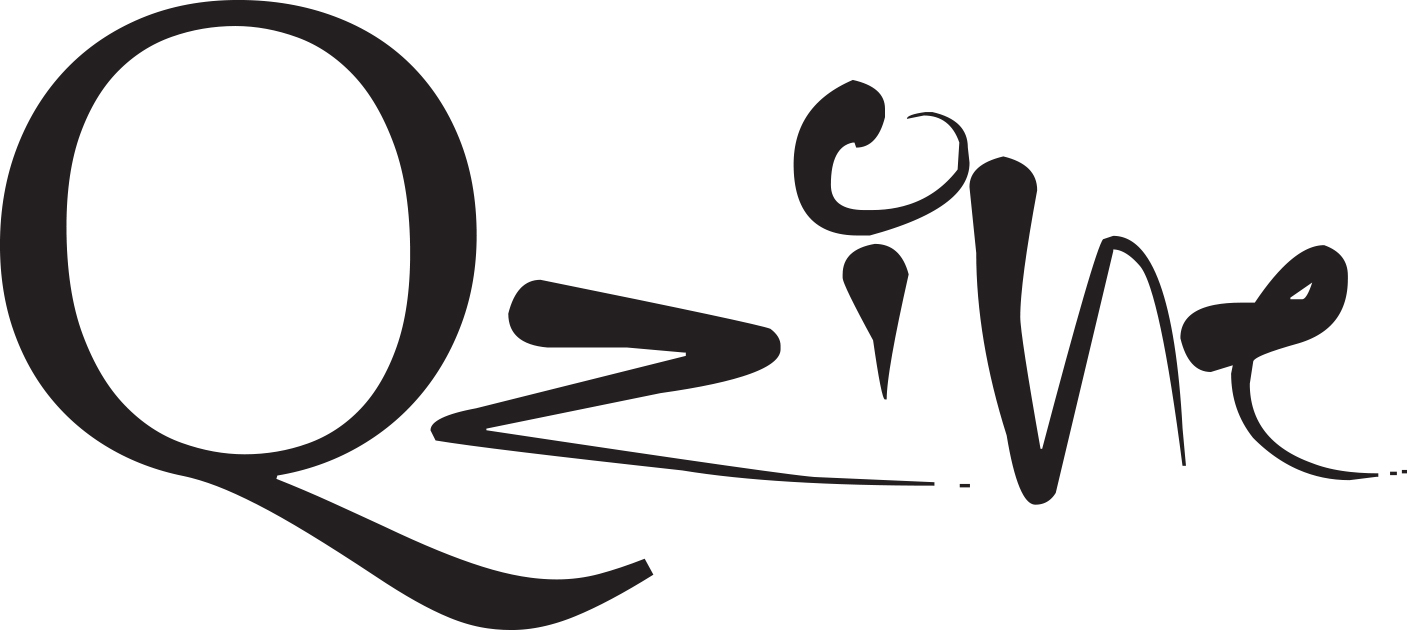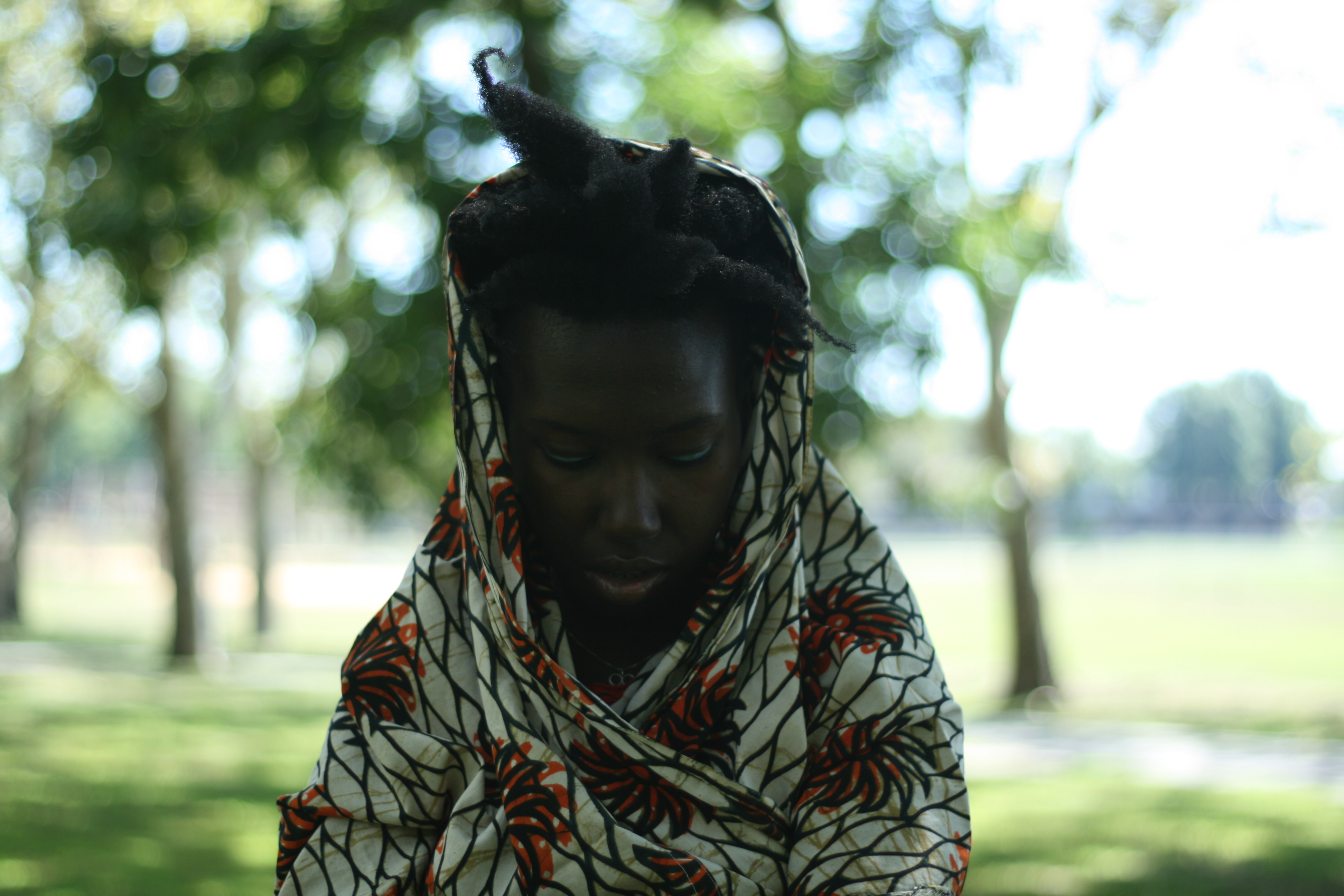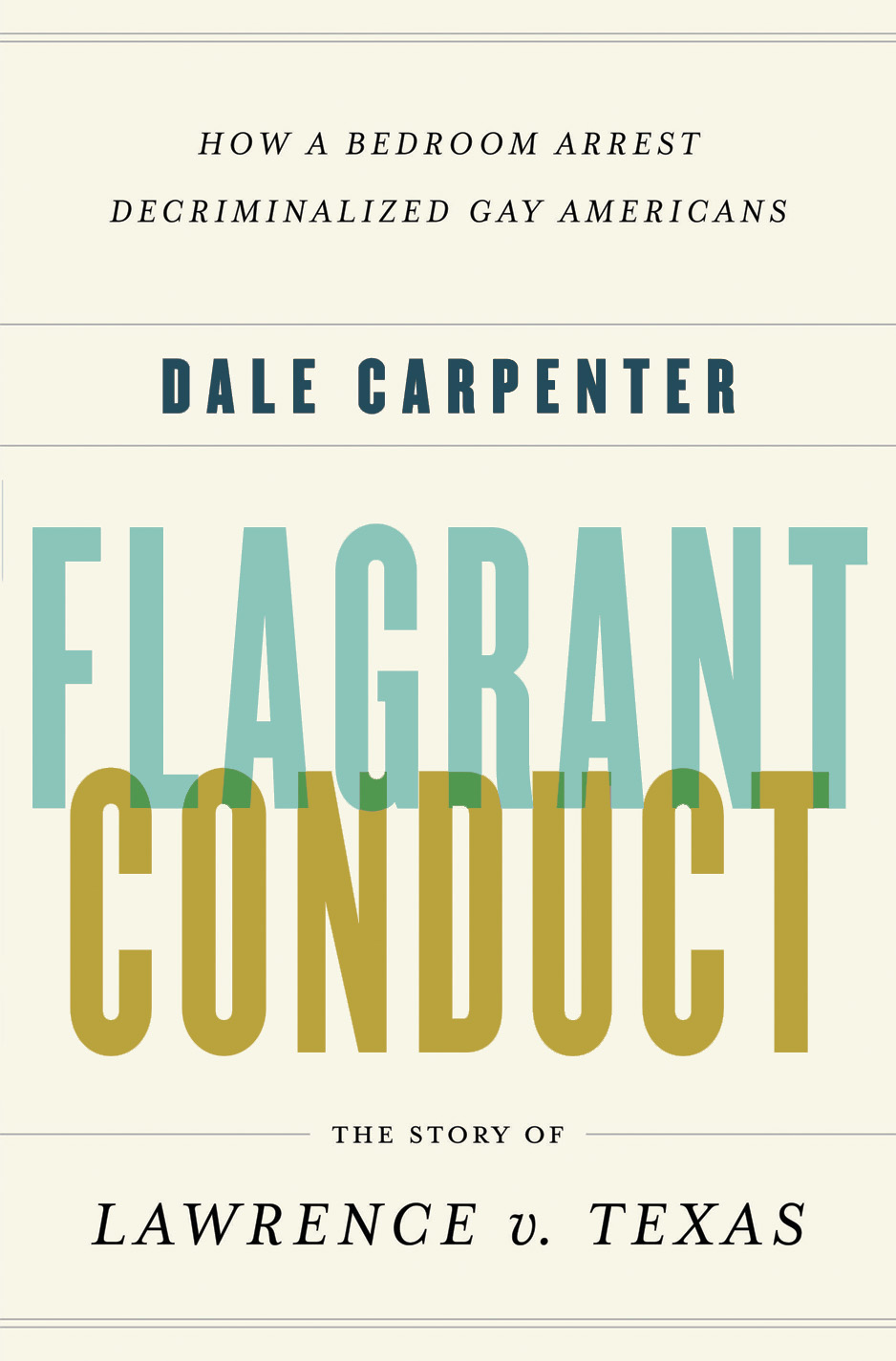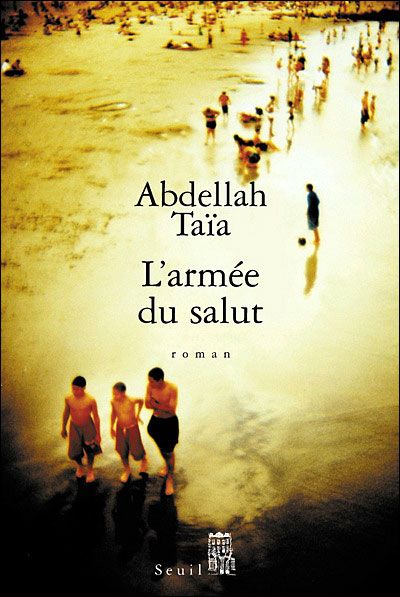For Sizakele
A Conversation between Yvonne Fly Onakeme Etaghene and Michael Kémiargola around Fly’s novel. Photos by An Xiao, and HiRes
The wonderful Yvonne Fly Onakeme Etaghene is an Ijaw and Urhobo Nigerian dyke performance artist and activist with too much talent to mention: poetry, dance, acting, video… It’s a great pleasure for us to welcome her in Q-zine to speak about her first novel For Sizakele, which we strongly recommend. The book “addresses transcontinental identity, intimate partner violence, queer gender and how we love as illuminators of who we are”.
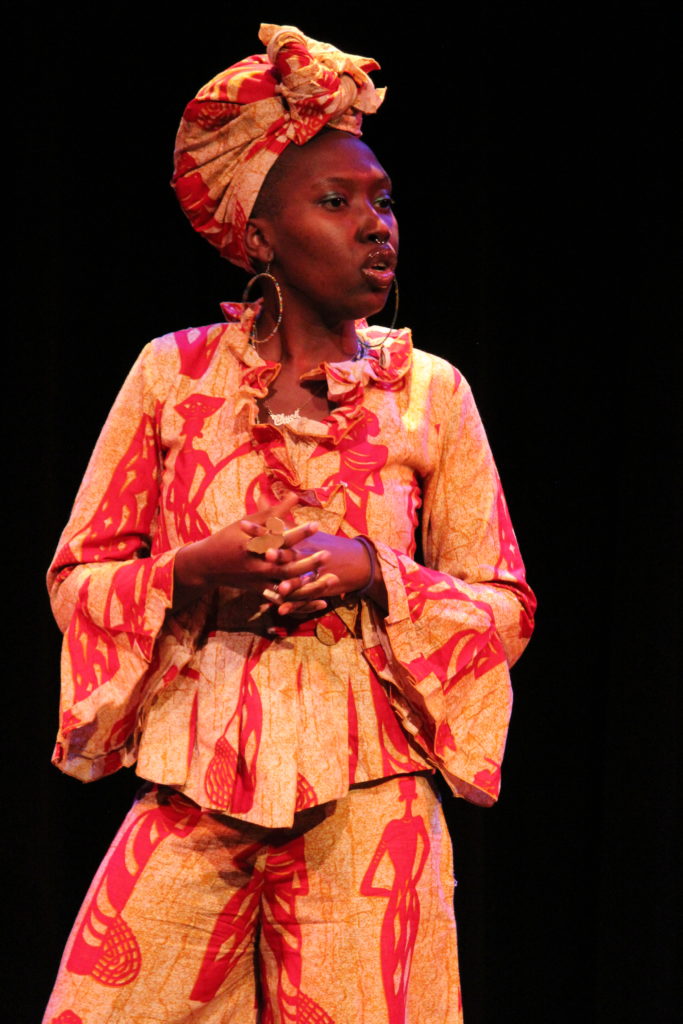
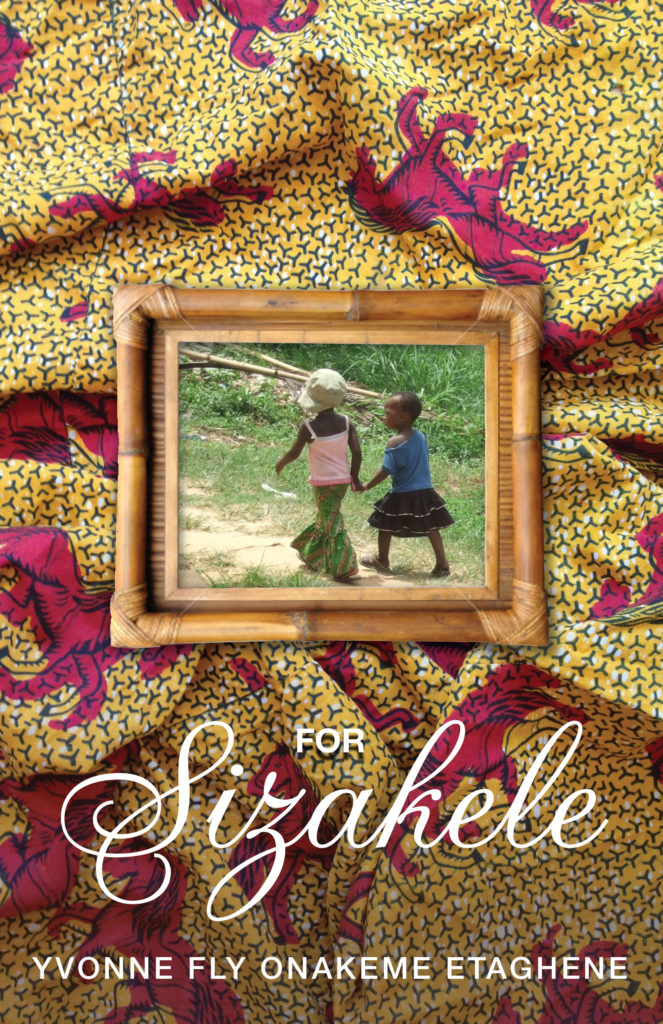
You wrote For Sizakele over the course of years, how does the final product resemble the initial vision?
The characters have evolved and grown in so many ways over the years. The essence of who the characters are is the same then and now, but the depth and complexity of them, as well as the story, deepened over the years, proportionate to my growth as a writer and my understanding of them. For me, writing For Sizakele was like knowing a person or a place–you get a feeling about who they or what they’re like from the beginning and over time, you learn more and more about them, more than you could have ever imagined knowing from that initial meeting. Details and nuance of each character’s story unfolded and revealed themselves over the years. It’s my deep honour that these characters chose me to be the one to tell their stories.
Did you have to process some sort of grief once you finished the novel?
Yes!! I kind of didn’t know what to do with myself. I felt a bit sad that I was done writing. It was surreal that this book that I’d been working on for over 14 years of my life was now out in the world for others to read. These characters, with whom I’d developed these intense relationships with and understandings of, would now be a part of my readers’ lives. I felt exposed in this way–here is this book I’ve poured so much love into, here is my first born and I am sharing it with the world. I truly and deeply adore that so many people have and will get to know these characters and their stories. After my book was published, I dived into my book tour as well as other writing projects; that helped to reduce the sadness and also encouraged me to remember the importance of celebrating my book.
How have all your other activities—, poetry, dancing, performing nourished your novel-writing For Sizakele? Have these other activities also distracted you from writing your novel?
Nothing was a distraction. Everything I experienced, went through, and all the art I make were a part of writing my book–it all informed and enriched my writing. Because I express myself in so many art forms, each year I do choose to focus on certain projects so I complete the work I want to, rather than focus on everything and get a little bit of everything done.
Could you tell us a little bit about For Sizakele ?
Essentially Taylor, Lee and Sy are all figuring out how to be good to themselves and to each other. And many of their lessons come via love–how they love, how they like to be loved and what love means to them. For Sizakele also deals with identity on many levels (sexual, gender and national) and in many different ways.
Could you name some artists known or unknown that have influenced your writing of this novel For Sizakele?
My beloved mum. Myself. Ntozake Shange. Chrystos. Jewelle Gomez. Ola Osaze. Octavia Butler. Audre Lorde. Zanele Muholi. Chinua Achebe. Jamaica Kincaid.
I’m really moved by your poem “did you feel my shit?” It addresses how art could and should impact, move and change lives if it’s deeply received. Would you expand on that idea?
I don’t write just to write. It’s not an exercise for its own sake. My art is about the expression of my spirit, is about addressing issues that matter to me, is about making space for the stories, ideas, experiences of myself and of those who are rarely if ever center stage, i.e.: Queer Africans. The impact I want isn’t encapsulated in someone saying, “that was a pretty poem.” That really does absolutely nothing for me. I know it’s beautiful. Beyond that–what does my work do for you? Does it move you? Does it impact your soul? You life? What does art do for you? How has your favorite books, albums, art exhibitions changed your life? If you haven’t experienced a body of art that’s transformed your life, you’re not looking hard enough. Art is this magical space where we can show the world as it is and reflect it as we want it to be. I want my art to be something that you hold close, that inspires you to be your best self, that reminds you of the magic in this world, shows you the pain, and inspires you to live your best, most remarkable life. What else is art for, but for that?
What are you reading these days?
I’m completing my Masters at the Gallatin School of Individualized Studies so most of my reading these days is for grad school. My program is: Fire Breathing: Performance Poetry As Social Commentary and Education. Currently I’m reading a lot of things, including Decolonising the Mind: The Politics of Language in African Literature by the amazing Ngũgĩ wa Thiong’o. I’m also reading Grace: Notes on Survival by Chiedza Pasipanodya.
You started For Sizakele because you wanted to read that book,you couldn’t find. Have you since then found books that somewhat echo what you wrote in For Sizakele?
No. I haven’t. I’m excited about books like Queer African Reader, edited by Sokari Ekine and Hakima Abbas, as well as Queer Africa: New and Collected Fiction, which was compiled and edited by Karen Martin and Makhosazana Xaba. I’m looking forward to diving into Diriye Osman’s Fairytales for Lost Children. Chiedza’s book (Grace: Notes on Survival) is also a deep inspiration to me. I haven’t found a book that brings together the intersections of issues that mine does. Which is part of why For Sizakele such an important and necessary book.
And also why I look forward to writing and publishing more and more (and more!) books that address the issues that mean the most to me. The world needs complex, thought-provoking, inspiring books that focus on the beauty, pain and magic of Queer African lives, love, politics, experiences and perspectives.
About For Sizakele by Yvonne Fly Onakeme Etaghene
Taylor, a queer Nigerian college student, is in a passionate relationship with Lee, a Black American basketball-playing pianist. When Taylor develops romantic feelings for Sy, a Cameroonian photographer whose similarities make them instant family, Taylor battles Lee’s jealousy. As Taylor encounters challenges to her femme and African identities, she finds ways, through the kinship of her friends, to define herself on her own terms.
